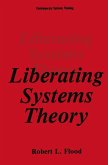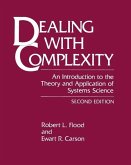The question of how to use police resources productively, par ticularly in this era of tight municipal budgets, is a major con cern for police chiefs and others responsible for crime control. In Crime Control: The Use and Misuse of Police Resources, David J. Farmer provides new insights into this question and sug gests a practical resource allocation approach for police poli cymakers and administrators. The book documents the results of current police resource allocation practices and describes the major research studies that have identified a need to restructure police field operations. It very usefully outlines the development and nature of allocation techniques and ana lyzes the political contexts which influence resource alloca,., tion. After describing planning at the neighborhood level that should inform the allocation process, the author provides a comprehensive "planning-budgeting-resources allocation" approach to managing a productive police department. This comprehensive approach is illustrated by an account of the Manpower Allocation Review System (MARS), which the author developed and introduced in the New York City Police Department in 1972 when I was commissioner. As I can vii FOREWORD viii attest, the MARS approach had practical utility. For the author, it served as a forerunner to the more elaborate system he describes in this book.
Dieser Download kann aus rechtlichen Gründen nur mit Rechnungsadresse in A, B, BG, CY, CZ, D, DK, EW, E, FIN, F, GR, HR, H, IRL, I, LT, L, LR, M, NL, PL, P, R, S, SLO, SK ausgeliefert werden.









